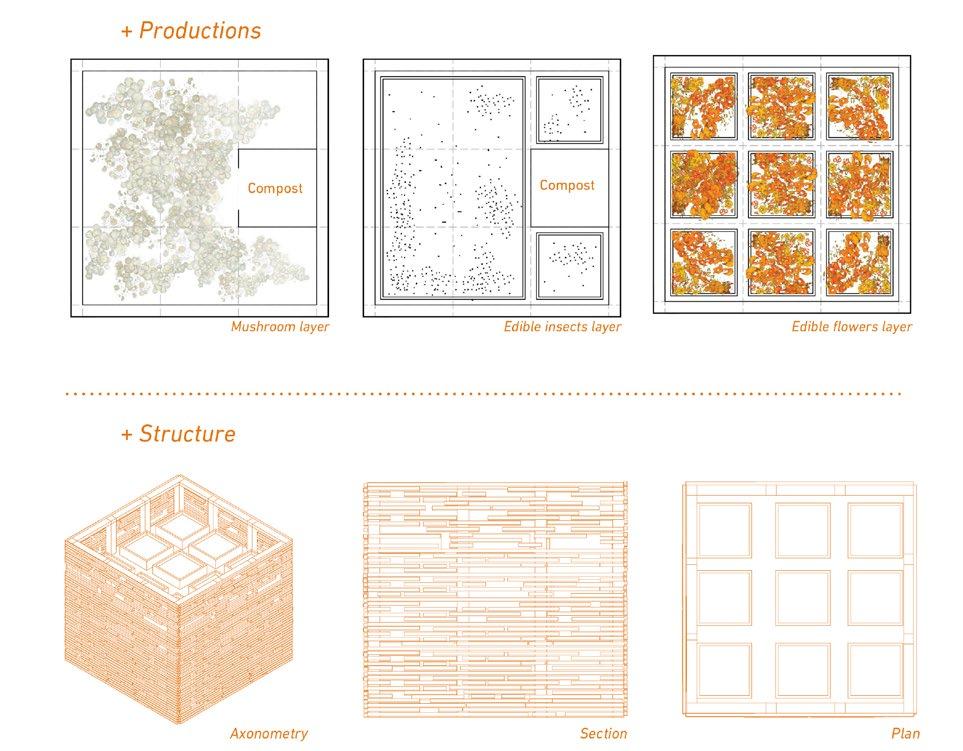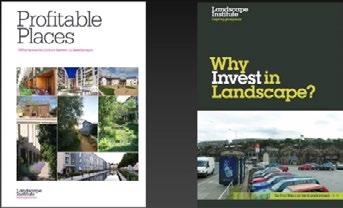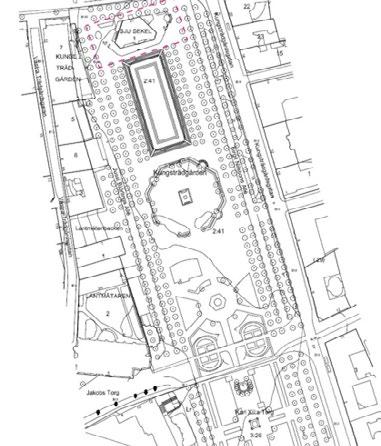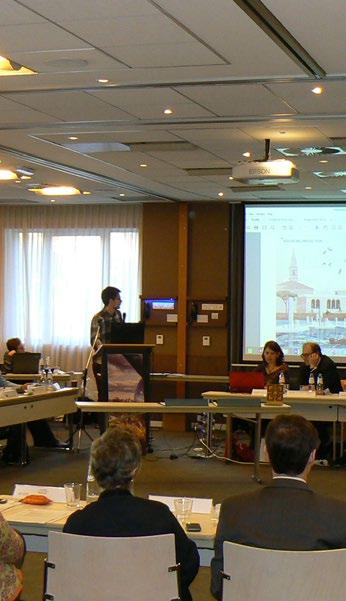
3 minute read
Italia Rethinking, Reformulating,Reconstructing
Rethinking, Reformulating, Reconstructing
UTA ZORZI MÜHLMANN IFLA EUROPE DELEGATE
Advertisement
How can landscape architects contribute to constructing resilient spaces able to adapt to changes and “urban landscapes without borders”? Adapting to changes is required due to a physiologic/natural transformation of living systems. The economic and environmental crisis constitutes a problem and the social and natural emergencies a big challenge that demands new solutions globally and locally.
Globally, the core scenario of the UN Agenda 2030 for sustainable development sets priorities for health and wellbeing of the population, social justice, environmental protection, democracy and transparency. At European level, “the economic policies of the EU must go hand in hand with strong social and environmental policies.”
These issues should be on top of the list of whoever design our future. These issues are evidently in line with the themes we have treated in the scientific concept of the 53rd IFLA World Congress in Turin: Sharing Landscapes; Connected Landscapes; Layered Landscapes; Inspiring Landscapes. These issues are in our minds and in our hearts, as human beings and as landscape architects in Italy.
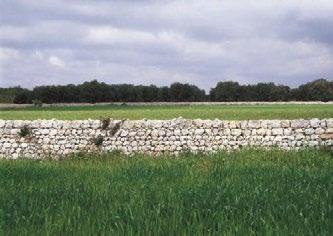

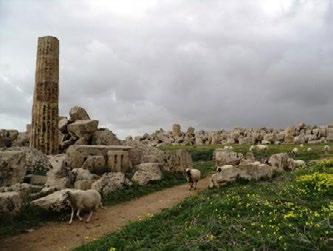
Landscape in Italy © AIAPP Economic and environmental crisis: after the economic crisis of 2008, the relationship with the city and its spaces has changed. We are witnessing a return to agriculture, in particular in the form of per urban agriculture. After the abandonment of land, for example in Rome, there is a decline of 11% in construction and an increase of 12% in new farms for sustainable agriculture in line with local development plans.
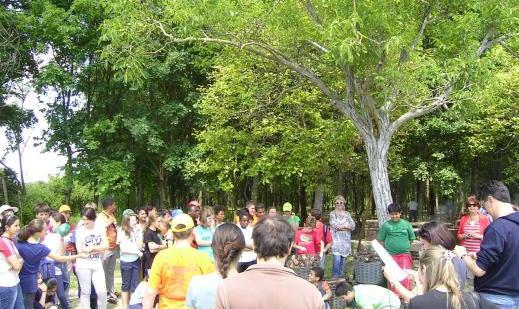
The growth of responsible tourism and eco-tourism, as well as a shared concern for the protection of landscapes and natural sites, open up new frontiers for landscape economy. A slowly changing perception of what is “beautiful” in landscape calls for quality projects on any scale and for well-focused communication everywhere. We have to rethink the urban metabolism.
Participatory Landscape architecture projects in Italy © AIAPP

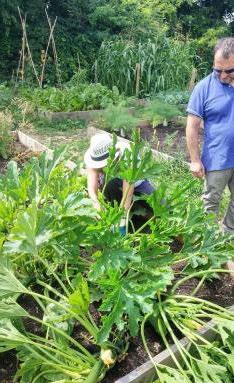
Social emergencies: cities are where social conflicts surface. Apart from the average urban social problems, Italy faces growing conflicts due to the continued immigration, which is particularly perceived in urban spaces. A massive commitment to the politics, the administration and the community to urban landscape is needed. Landscape architecture has a great potential in creating the base for integration and social engagement (Playgrounds, urban gardening and collective multifunctional open spaces). Maybe this will not solve the immigration problem but certainly may smooth out the sharp edge of everyday conflicts.
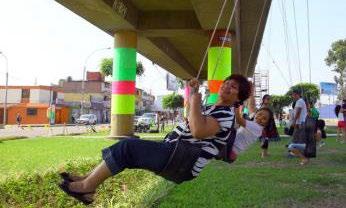

Temporary Settlements: immigration emergencies, as well as post-natural disaster emergencies, call for the planning and the construction of temporary settlements, which should be realised in the respect of local and territorial identity, even when needed to be set up in extremely short time. Experience has taught that they often become permanent forming in addition to the momentary shelter for the unfortunate users–new communities with a long-term impact on the landscape. Too little effort has been spent so far in planning and designing the settlements in advance and elaborates a sort of emergency protocol with quality landscape projects as part of the lot. Integration and social engagement © AIAPP
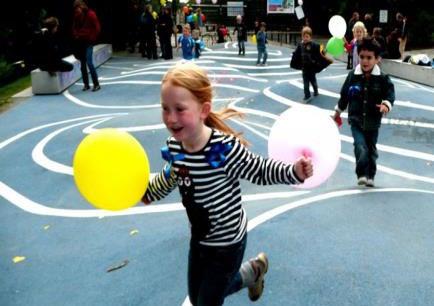
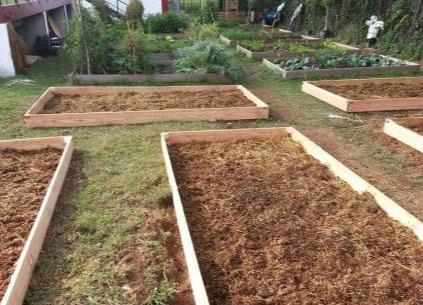
Natural Emergencies: Italy’ s fragile and vulnerable territorial conditions are a permanent challenge and call for a more serious prevention than the one we can actually count on. The creation of resilient spaces and an overall strategy for responsible territorial management are an imperative requirement for our country. Landscape architects are to be included in teams, working groups, advisory panels, etc. wherever landscape issues are under examination or discussion. The involvement of landscape architects in preventive and decisive processes must be ensured by law. The single countries must not be left alone to fight their battles. The support and shared engagement of the international community of landscape architects are essential. The creation of a network of skills, exchange and solidarity is vital.



